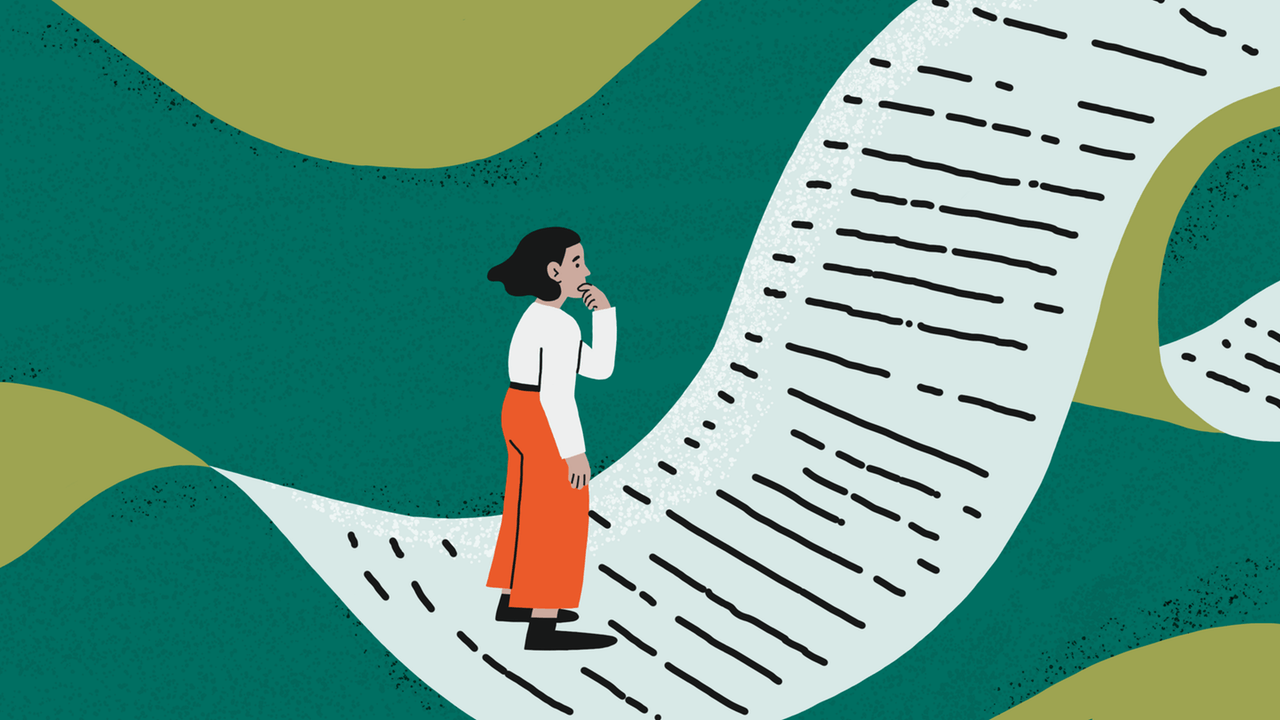I got Lindsay Kratochwill's email in April, just after millions of people began filing for unemployment benefits due to the coronavirus-induced economic contraction.
The 30-year-old had been working as a freelance podcast producer for about 18 months after getting laid off from her last job. Her health insurance through COBRA was about to expire and she wrote to me for help finding a new plan.
Kratochwill was in the same position as many Americans, shopping for health insurance plans during the biggest health and economic crisis in recent memory.
Get the latest money news and money moves in the Easy Money newsletter.
What health insurance options do freelancers have?
Freelancers have a few options if they've lost health insurance. One is Medicaid, depending on your income level and other requirements, which vary by state.
Another is COBRA, the option Kratochwill turned to after losing her job. The federal policy allows workers to stay on their employer’s health insurance plans for up to 18 months, but it's typically very expensive.
For people still earning income, the safest bet is the federal and state health insurance marketplaces, said Caitlin Donovan, a spokeswoman for the Patient Advocate Foundation, a nonprofit helping people with chronic diseases get access to health care.
Open enrollment is typically the only time people can sign up for health insurance through the marketplaces. But they may qualify for special enrollment due to losing employer health insurance. If you've been recently laid off, you may qualify.
Some states opened special enrollment periods in response to the coronavirus crisis. They include California (through June 30), District of Columbia (through June 15), Maryland (through June 15), Massachusetts (through June 23) and Vermont (through June 15).
There is another option for health insurance, but Donovan warned people to be careful of it: Short-term health plans. They may have low prices, but they don't have to follow federal guidelines on what they cover, so it's important to read the fine print. For example, short-term plans don’t have to cover pre-existing conditions like diabetes or heart disease. Read our guide to these plans.
Kratochwill selected a marketplace plan from Oscar with a monthly premium of $715 and a deductible of $7,000 (She said her income is too high to qualify for subsidies). That's very expensive. But she liked that the plan charged set copays for services rather than potentially hard-to-estimate coinsurance payments.
"Knowing that my mental health appointments, for example, would be $25 rather than a nebulous percentage payment was nice to know," she said.
Where can you get help?
If cost is a concern, you may qualify for a subsidy, depending on your income. Subsidies typically reduce your monthly health insurance premium, though they can also lower other costs, like copays. If you're looking for further assistance, the Patient Advocate Foundation can connect you with the right person.
"Sometimes we can't always help with the exact reason they call for, but we can also look at the whole of their journey and figure out if we can free up money for housing and that will free up money for you to afford your medication," Donovan said.
Do you need health insurance right now?
It's a weird time for health insurance. The need for a good health care plan has rarely been greater, but many doctors aren't seeing patients for routine in-person visits.
"Right now it feels so unclear how I will be using it," Kratochwill said. "I don't know when I'll go see a doctor just for a checkup or something like that."
People who want primary care can opt for remote telehealth appointments during the pandemic, Donovan said. Appointments can cost less than $100 a visit, she said.
But the big benefit of health insurance isn't paying for checkups; it's paying for if you get run over or catch COVID-19.
"You should buy coverage because you never know when you're going to need it," Donovan said. "You want this for emergencies, not just for routine."
Even a high-deductible plan like Kratochwill's can represent more cost certainty than an emergency room visit without a health insurance plan, since the size of bills can be hard to predict.
Ultimately, Kratchowill decided it was a bad time to let her coverage lapse.
"I have a good friend whose best friend died from COVID and she was only 29, so I think there is something in the back of my head that is telling me I am not immune from this and I am not totally safe from it," she said. "I think if we were not in a pandemic, I probably would have taken more time before signing up for new health insurance. It probably would not have felt as imperative or important to do quickly."
Learn how to find health insurance as a freelancer, no matter your industry.
Image: Nastia Kobzarenko

